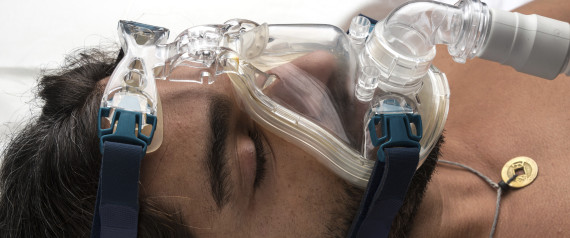It’s well-established that obstructive sleep apnea is linked with
increased heart risks. But now, a new study teases apart what exactly it is
about the sleep disorder, characterized by pauses in breathing during sleep leading to disrupted sleep, that seems to
predict these cardiovascular events.
Obstructive sleep apnea is measured by the number of times a person stops breathing during sleep (the apnea-hypopnea index, or AHI). However, researchers found that there were a number of other elements of sleep apnea that seemed to be predictive of cardiovascular events. The biggest one: the amount of time spent sleeping when the oxygen saturation was below 90 percent.
Other elements associated with a cardiovascular event included heart rate, daytime sleepiness, number of awakenings during the night, sleep time and leg movements, the researchers found. While the apnea-hypopnea index was associated with cardiovascular events when it was looked at by itself, it was no longer considered a significant predictor once all the other elements were factored in.
The study, published in the
journal PLOS Medicine, is based on 10,149 people with obstructive sleep apnea who underwent diagnostic polysomnography between 1994 and 2010; 1,172 of those people developed cardiovascular disease.
“We believe a revision of the operative definition of OSA [obstructive sleep apnea] may be necessary, to reflect not simply the frequency of apneas and hypopneas, but the actual physiologic consequences that result — the severity of oxygen desaturation, sleep fragmentation, sleep deprivation and sympathetic activation,” the University of Toronto and St. Michael’s Hospital researchers said in the study. “It is these ‘downstream’ phenomena that we have found to be more predictive of CV [cardiovascular] risk.”

